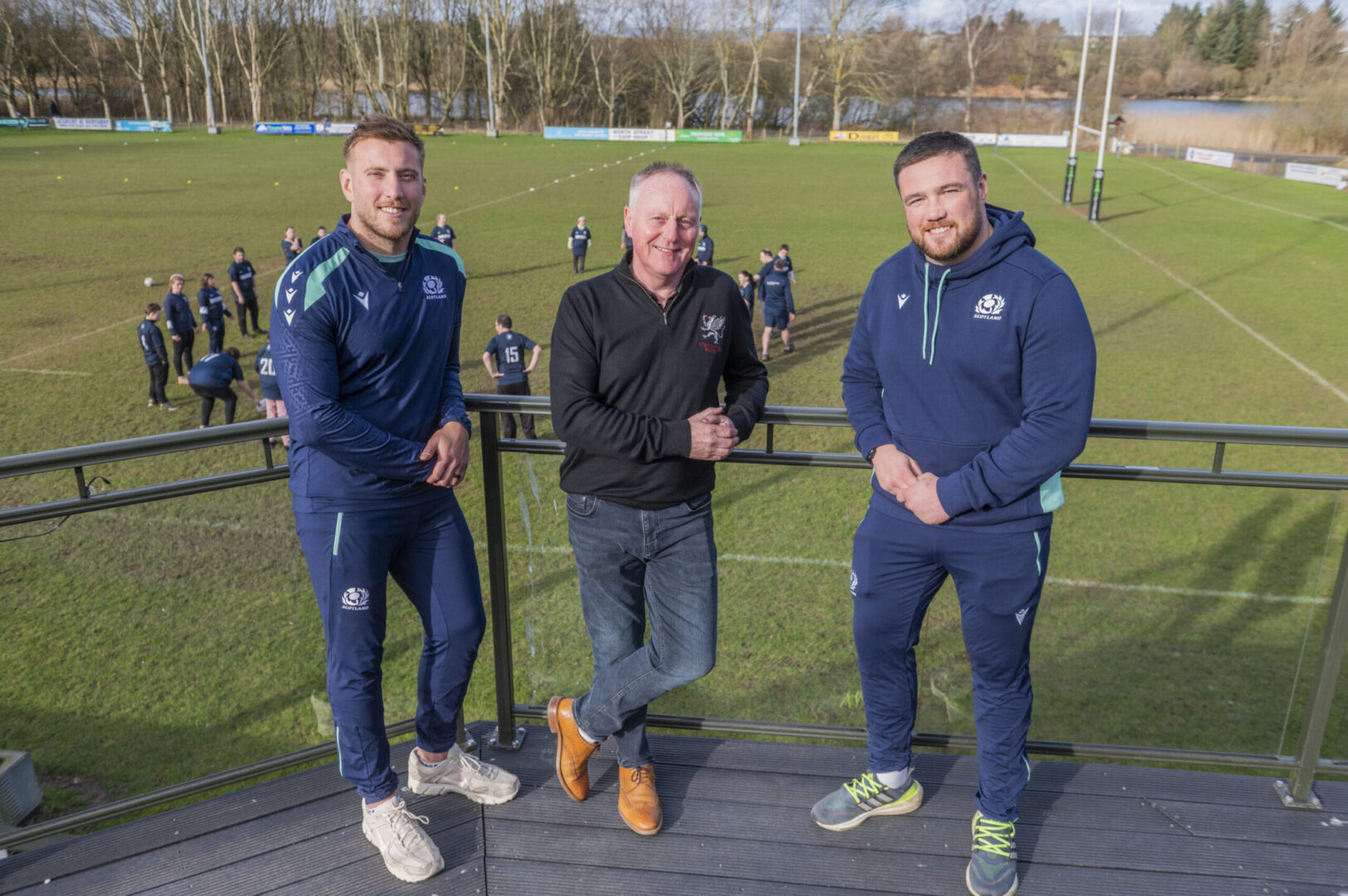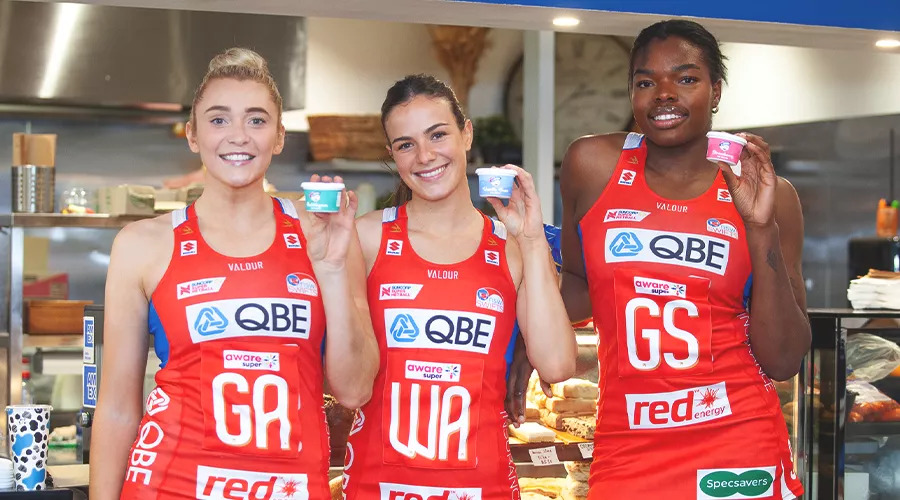In an interview with Ministry of Sport, Bastion Effect CEO, Richard Chapman, discussed how the COVID-19 pandemic has changed the public relations (PR) industry and how the role of PR agencies in sport has evolved.
Outlining how the onset of COVID-19 in early 2020 changed everything, Chapman said there was an immediate need to change the way PR operates.
“It’s been a really challenging time for sport over the last year, particularly when we were looking at the Grand Prix in Melbourne, within a few hours of them opening the doors, the event was closed,” Chapman told Ministry of Sport.
“That was the big eye-opener to all of us in Australia that this thing was coming and coming fast.
“For an event of that scale to be shut down as it was, when that happened that was really a sign this is going to be really big and have a lot of pain come with it for rights holders, brands and even media.
“That was the onset and we’ve all had to change the way we operate; you look at the way broadcasters are working on what content they can get to air if they don’t have sport live, they’ve changed that slate a lot.
“You only have to look at the significance and interest in the NFL draft, and the AFL draft here in Australia.
“Everyone’s had to adapt when you look at rightsholders, the way Tennis Australia managed themselves was a hats-off exercise.
“How they handled the AO (Australian Open), especially going into a lockdown, and a lot of the negative publicity in the lead up to the event around what was happening with people not being able to get into Australia who were wanting to come home and all the tennis players being allowed in.
“The way they handled it was testament to the way they pulled it off.
“For the PR industry, we’ve had to think more creatively than ever before.
“The media landscapes converged, there’s less and less media outlets to talk to these days, there’s more news in the general sense, so there’s less opportunity for us to create stories that form part of the news because there’s so much other news going on.
“For brands during the AO and other sporting events that was a challenge as well getting that air-time from a PR point of view,” he said.
Explaining the work Bastion Effect, which is part of the wider Bastion Collective, do in the Australian sporting landscape, Chapman said: “As part of the Bastion Collective, sport runs through our veins in this place.”
“It’s been a great journey so far, we’ve done a lot of work with Tennis Australia over the years through the AO, we’ve worked with Garnier for a number of years, we’ve worked with Kia for a number of years, we’ve done some work through Racing Victoria launching their summer season for a couple seasons, we’ve done work with AFL and across a number of different codes.
“We’re always keen to be involved in sport some way or another,” he said.
When asked if PR has become harder for agencies as a result of COVID-19, and what the biggest trends will be in the post-COVID-19 world, Chapman said the rise of digital has and will continue to play a key role in the industry.
“I don’t know if it became harder, but they had to become smarter,” Chapman said.
“Over the last five years, PR as an industry has transformed fundamentally.
“What you’ve seen with PR over the last five years is digitisation, like the media industry.
“The good PR agencies have really adapted and got on the front foot; so much of what we do now is helping brands talk about themselves and tell stories through their own channels.
“I definitely think PR will move further into that digital world, I think micro-influencers will play more of a role in PR than the big macro-ones, consumers can see through that now.
“The way brand advocates can become involved in helping promote sport through their own digital channels will evolve further.
“We’ve seen that through COVID with sporting stars around the world taking to Instagram and other channels to promote positive messaging and help communities,” he said.
Explaining what PR agencies, rightsholders and brands need to focus on in the post-COVID-19 world to ensure success in the final product, Chapman said strong communication and working relationships are vital.
“The best relationships are when it’s fully transparent,” Chapman told Ministry of Sport.
“So when the agency is working with the rightsholder or the rightsholder’s internal PR team, the closer you can work together, whether you’re working for a brand or for an event, the better outcomes you deliver.
“If everyone comes together and works together, and the stories are told in the right way, you’re not cannibalising each other, the impact can be far greater.
“The other thing is about working with broadcast partners and media partners of any sporting event and making sure there’s that real connection to those guys throughout the process.
“Knowing what they’re covering for any given sport over a period of time; it’s going to be hard over the next 12 months with scheduling and things like that, which we are seeing as it rolls out with NRL and AFL.
“Being on the front-foot with understanding the broadcast, their needs and what the media are looking for, and then working with all the partners together to get the best result.
“There’s no point working in isolation; if everyone works together, it will be far more successful, for the PR agency, the brand, and the rightsholder,” he said.







